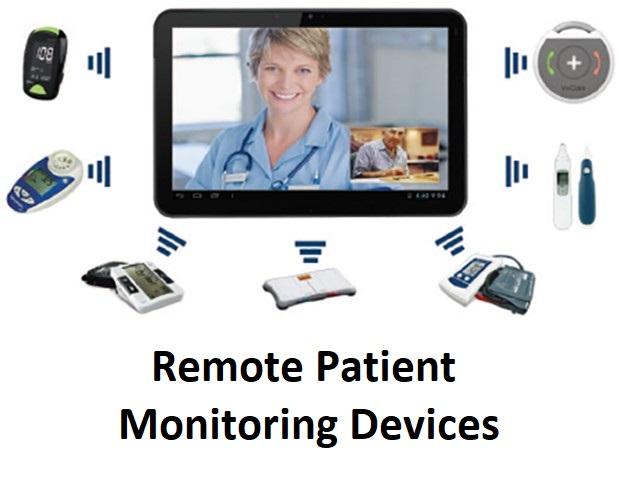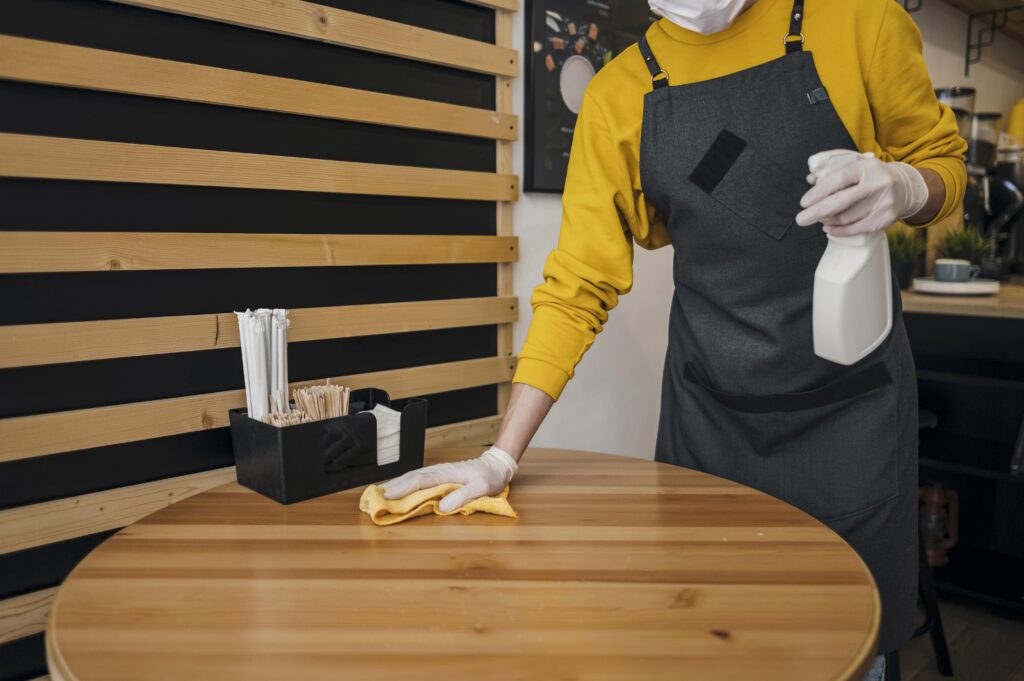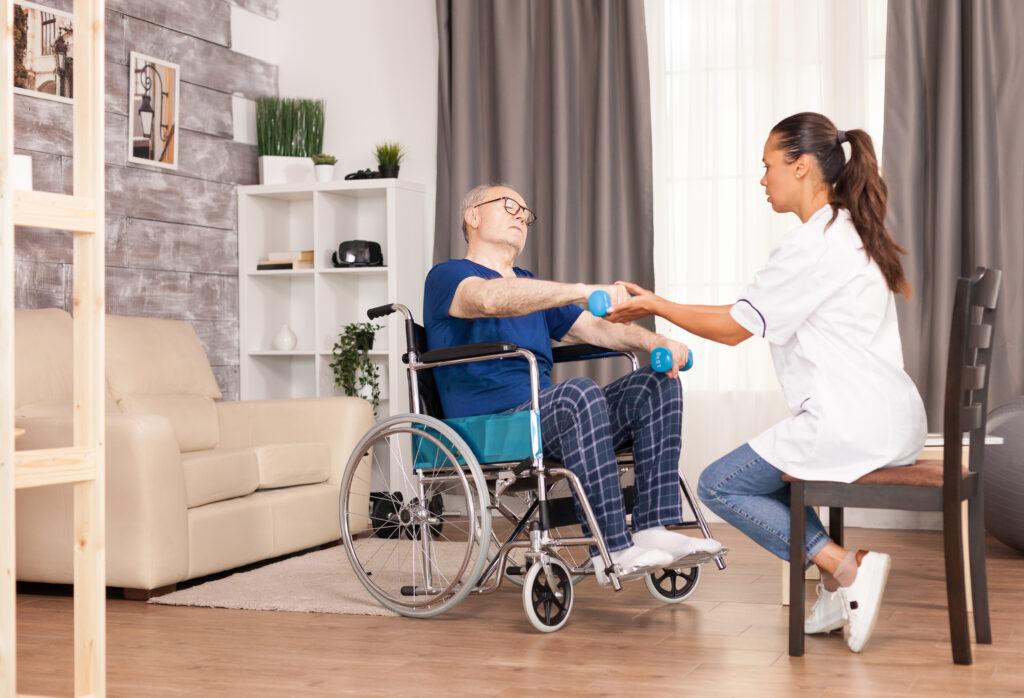Many of you have either heard of or seen the incredible effects that music can have on people with dementia. Music therapy is an intervention that involves using music as a tool in helping patients with Alzheimer’s and Dementia in their daily lives. Music in general reduces anxiety and stress while increasing attention, motivation, and focus. Music therapy cannot deter the progression of Alzheimer’s and dementia but may reduce depression and lead to lessened agitation, increased sociability, increased movement, and cognitive ability;
How the brain and body process music remains mysterious. Our brains are emotionally stimulated to become more aware when we hear the music we love the most, especially the music we hear between the ages of 13 and 25.
Music memory is remarkably preserved in Alzheimer’s and Dementia patients until quite late in the progression of the disease. Once the auditory cortex area of the brain is stimulated, other parts of the brain related to long-term memory and emotions start firing, as well. Music therapy is highly beneficial for cognitive function, emotional well-being, and social engagement. So we see people who have not spoken in years begin to sing songs that they knew in their early teens and early adulthood. There are two types of music therapy: “Receptive music therapy” and “Active music therapy’
Active music therapy
engages your loved one in the singing or playing of instrumental music. It has immediate physical benefits. For example. Let’s say a person doesn’t use their hands to pick up things very much any more. Engage them in a drumming circle for a while, and in the process of hitting the drum they can maintain the strength of holding a fork.
Receptive music therapy
involves listening to recorded or live music from your loved one’s youth, from 13-25 years old. Family caregivers can download music, and save it on a tablet, Ipod.. or download the app Spark Memories Radio that will give you a playlist of songs by entering date of birth of your loved one.
Caregivers at ADA Home Care are trained to use music therapy in case that your loved one feels agitated or restless. Also music therapy can be incorporated in daily personalized respite and dementia care services for your loved ones to improve mood, communication and maintaining motor skills.










